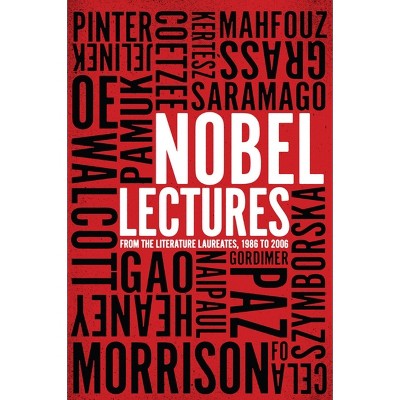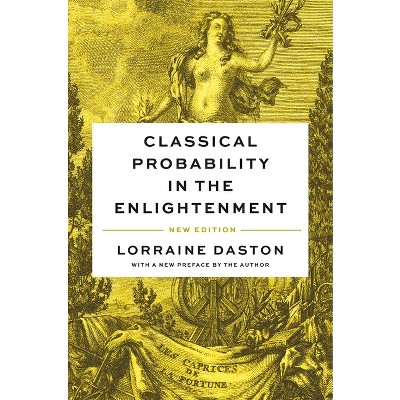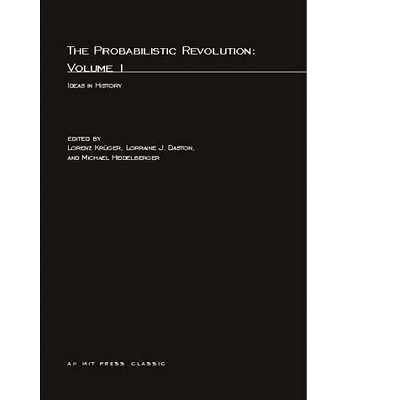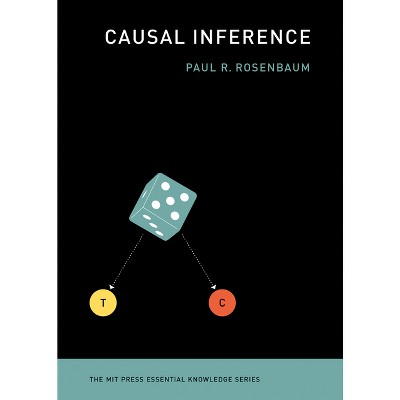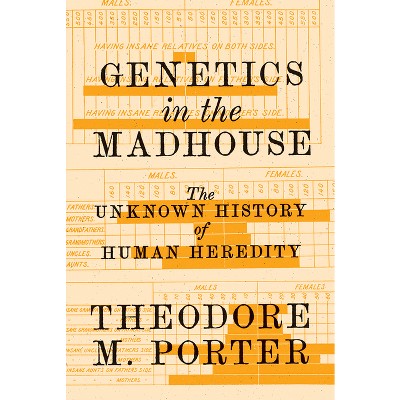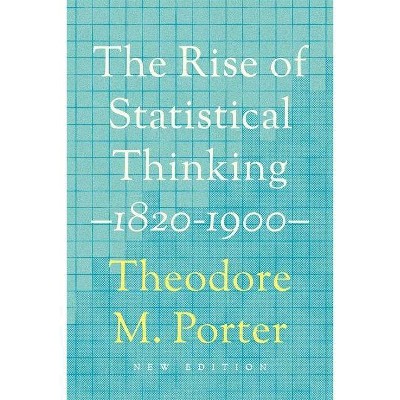Sponsored

Trust in Numbers - by Theodore M Porter (Paperback)
$29.50Save $5.50 (16% off)
In Stock
Eligible for registries and wish lists
Sponsored
About this item
Highlights
- A foundational work on historical and social studies of quantification What accounts for the prestige of quantitative methods?
- About the Author: Theodore M. Porter is Distinguished Professor of History at the University of California, Los Angeles.
- 336 Pages
- Social Science, Popular Culture
Description
About the Book
What accounts for the prestige of quantitative methods? The usual answer is that quantification is desirable in social investigation as a result of its successes in science. Trust in Numbers questions whether such success in the study of stars, molecules, or cells should be an attractive model for research on human societies, and examines why the natural sciences are highly quantitative in the first place. Theodore Porter argues that a better understanding of the attractions of quantification in business, government, and social research brings a fresh perspective to its role in psychology, physics, and medicine. Quantitative rigor is not inherent in science but arises from political and social pressures, and objectivity derives its impetus from cultural contexts. In a new preface, the author sheds light on the current infatuation with quantitative methods, particularly at the intersection of science and bureaucracy.Book Synopsis
A foundational work on historical and social studies of quantification
What accounts for the prestige of quantitative methods? The usual answer is that quantification is desirable in social investigation as a result of its successes in science. Trust in Numbers questions whether such success in the study of stars, molecules, or cells should be an attractive model for research on human societies, and examines why the natural sciences are highly quantitative in the first place. Theodore Porter argues that a better understanding of the attractions of quantification in business, government, and social research brings a fresh perspective to its role in psychology, physics, and medicine. Quantitative rigor is not inherent in science but arises from political and social pressures, and objectivity derives its impetus from cultural contexts. In a new preface, the author sheds light on the current infatuation with quantitative methods, particularly at the intersection of science and bureaucracy.About the Author
Theodore M. Porter is Distinguished Professor of History at the University of California, Los Angeles. His books include The Rise of Statistical Thinking and Genetics in the Madhouse (both Princeton).Dimensions (Overall): 9.1 Inches (H) x 6.1 Inches (W) x 1.0 Inches (D)
Weight: 1.05 Pounds
Suggested Age: 22 Years and Up
Number of Pages: 336
Genre: Social Science
Sub-Genre: Popular Culture
Publisher: Princeton University Press
Format: Paperback
Author: Theodore M Porter
Language: English
Street Date: August 18, 2020
TCIN: 83017348
UPC: 9780691208411
Item Number (DPCI): 247-26-8930
Origin: Made in the USA or Imported
If the item details aren’t accurate or complete, we want to know about it.
Shipping details
Estimated ship dimensions: 1 inches length x 6.1 inches width x 9.1 inches height
Estimated ship weight: 1.05 pounds
We regret that this item cannot be shipped to PO Boxes.
This item cannot be shipped to the following locations: American Samoa (see also separate entry under AS), Guam (see also separate entry under GU), Northern Mariana Islands, Puerto Rico (see also separate entry under PR), United States Minor Outlying Islands, Virgin Islands, U.S., APO/FPO
Return details
This item can be returned to any Target store or Target.com.
This item must be returned within 90 days of the date it was purchased in store, shipped, delivered by a Shipt shopper, or made ready for pickup.
See the return policy for complete information.
Frequently bought together

$9.02 - $19.99
MSRP $17.00 - $19.99
4.6 out of 5 stars with 567 ratings

$15.68
Save $5 when you spend $25 on select books
4.6 out of 5 stars with 242 ratings


